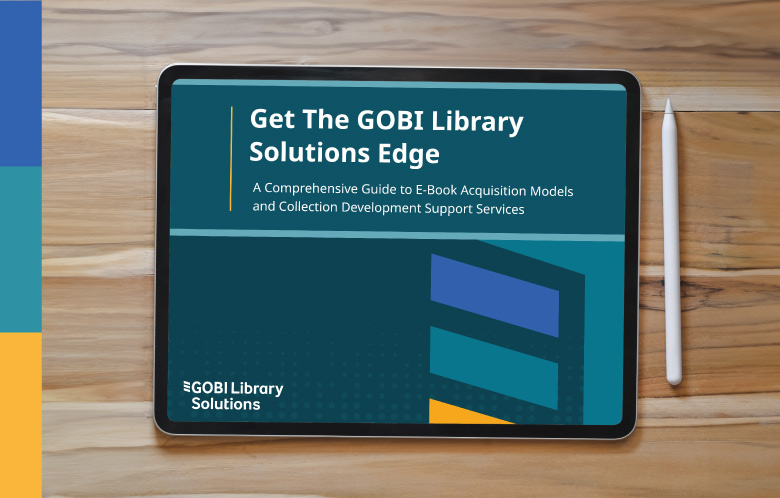Transkript | İndir
EBSCO'dan Tarih Kaynakları
Tarih öğrencileriniz araştırma süreçlerinde engellerle mi karşılaşıyor?Başlangıç noktaları bir internet araması olabilir; bu da sadece anekdota dayalı veya tamamen yanıltıcı olabilen taraflı içerikle sonuçlanır.Neyse ki EBSCO, başarılı araştırma yolculuklarına başlamak için ihtiyaç duydukları tüm tarih kaynaklarına sahiptir.Öğrencilerinizi EBSCO'nun hakemli dergi ve tarihi eserlerden oluşan tam metin veri tabanlarıyla başlatın. Ardından, EBSCO'nun Dijital Arşiv Veri Tabanları'nda bulunan orijinal mektuplar, günlük kayıtları ve haritalar gibi birincil kaynak materyalleri aracılığıyla tarihi olayların ilk elden anlatımlarını ekleyin.Sonra da EBSCO'nun Dergi Arşivleri'ndeki geleneksel olmayan kayıtlarla tarihe hayat verin. Popüler kitaplar, öğrencilerin 20. yüzyıl tarihi, kültürü, pazarlama ve reklamcılık, politika, sosyal akımlar ve tarihin tanıkları tarafından yazılmış daha fazla konuya dalmalarını sağlar.Ve son olarak, araştırmacıları tarihin daha da içine çekmek için, EBSCO eBooks History Subscription Collection'a göz atabilirsiniz. Sanat, edebiyat, bilim, siyaset, din tarihi ve daha fazlasını kapsayan 19.000'den fazla e-kitap arasından seçim yapın. Önde gelen üniversite yayınları ve akademik yayınevleri, onlara araştırmaları için mümkün olan en iyi kaynakları sağlamaktadır.Öğrencilerinizin önündeki engeller ister geçmişi araştırırken ister günümüzde yapılan tarihi incelerken ortaya çıksın. EBSCO, onların yolculuğunun başarılı olmasını sağlayacak kaynaklara sahiptir! Daha fazla bilgi için aşağıdaki bağlantıyı takip edin


